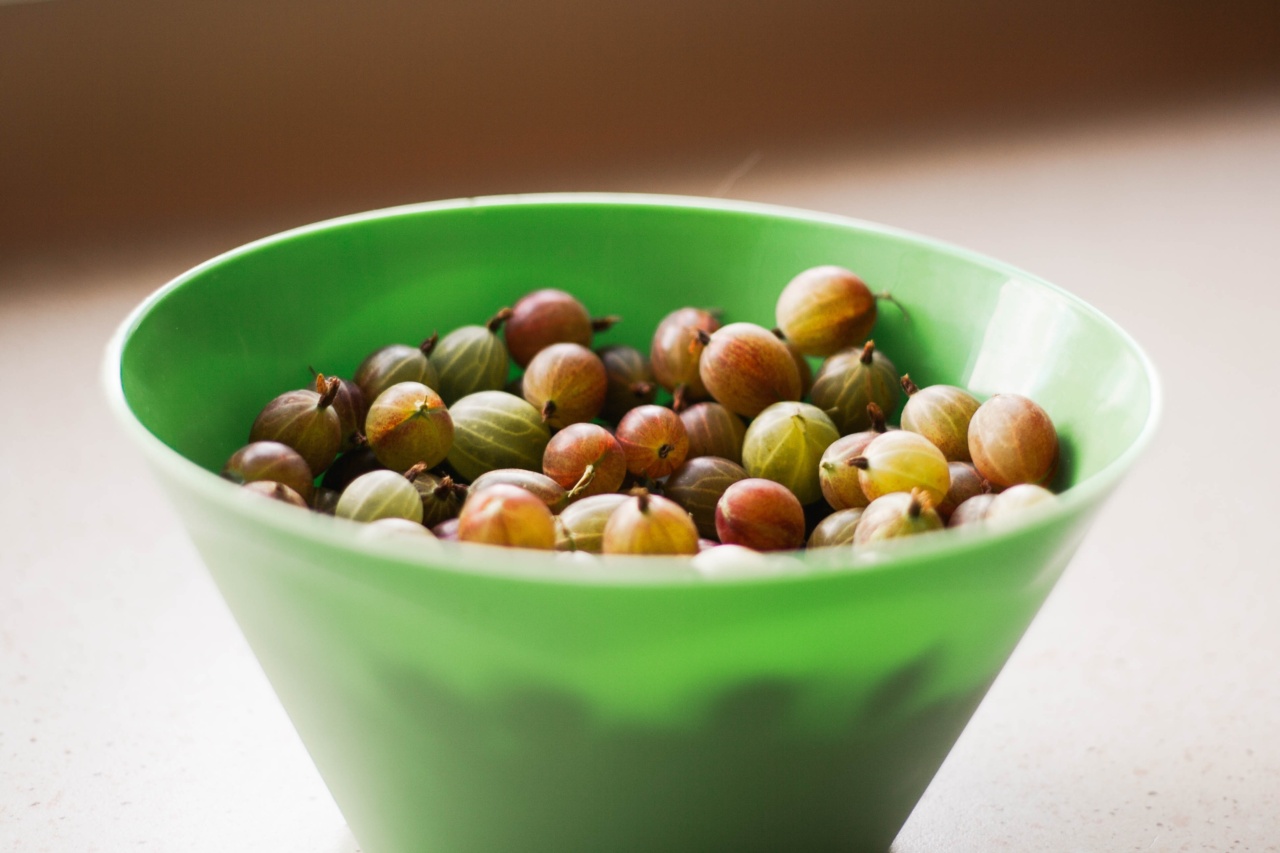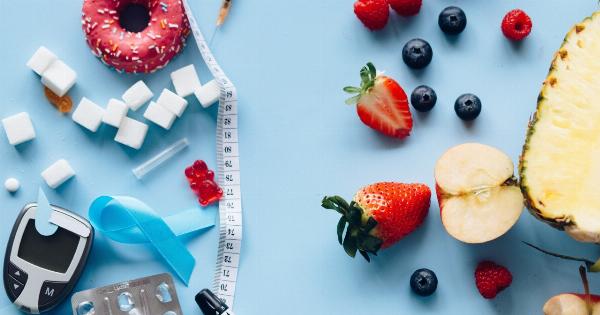Diabetes is a chronic condition that affects millions of people worldwide. It is characterized by high blood sugar levels, either due to the body’s inability to produce enough insulin or to use it effectively.
While medication and lifestyle changes are commonly recommended for diabetes management, diet plays a crucial role in controlling blood sugar levels. By making informed food choices, individuals with diabetes can maintain stable glucose levels and improve their overall health. Here are seven essential foods that should be included in the daily diet of anyone living with diabetes.
1. Leafy Green Vegetables
Leafy green vegetables such as spinach, kale, and Swiss chard are packed with essential vitamins, minerals, and fiber, making them an excellent addition to a diabetic diet.
These vegetables have a low glycemic index (GI) which means they have a minimal impact on blood sugar levels. Additionally, leafy greens are rich in antioxidants, which may help reduce the risk of developing complications associated with diabetes, such as heart disease.
2. Berries
Berries, such as strawberries, blueberries, and raspberries, are not only delicious but also high in antioxidants, fiber, and essential vitamins.
They have a lower glycemic index compared to other fruits, making them a great option for individuals with diabetes. Berries also contain natural compounds that help improve insulin sensitivity and reduce inflammation, both important factors in managing blood sugar levels effectively.
3. Fatty Fish
Fatty fish, including salmon, mackerel, and sardines, are excellent sources of omega-3 fatty acids, which have been shown to provide numerous health benefits, especially for individuals with diabetes.
Omega-3s help reduce inflammation, lower triglyceride levels, and improve heart health. Including fatty fish in the diet can also help lower the risk of complications associated with diabetes, such as heart disease and stroke.
4. Whole Grains
Whole grains, such as quinoa, brown rice, and whole wheat bread, are rich in fiber, vitamins, and minerals. These nutrients are vital for maintaining good blood sugar control.
Unlike refined grains, such as white bread and white rice, whole grains are digested more slowly, leading to a gradual increase in blood sugar levels. This slower release of glucose helps prevent spikes and crashes in blood sugar, making whole grains an essential part of a diabetic diet.
5. Greek Yogurt
Greek yogurt is a nutritious and protein-packed food that can easily be incorporated into a diabetic diet. It is lower in sugar and higher in protein compared to regular yogurt, making it an ideal choice for managing blood sugar levels.
The high protein content helps promote feelings of fullness and can assist with weight management, another important aspect of diabetes management.
6. Legumes
Legumes, including beans, lentils, and chickpeas, are excellent sources of complex carbohydrates, fiber, and plant-based protein. They have a low glycemic index, meaning they cause a slow and gradual rise in blood sugar levels.
This makes them an ideal food choice for individuals with diabetes. Additionally, legumes are rich in magnesium, which has been linked to improved insulin sensitivity and better blood sugar control.
7. Nuts and Seeds
Nuts and seeds, such as almonds, walnuts, flaxseeds, and chia seeds, are rich in healthy fats, protein, and fiber. They have a minimal impact on blood sugar levels and can help improve insulin sensitivity.
Including a variety of nuts and seeds in the diet provides essential nutrients and may help reduce the risk of heart disease, which is often higher in individuals with diabetes.
Incorporating these seven essential foods into a daily diabetic diet can help support blood sugar control, prevent complications, and promote overall health and well-being.
However, it’s essential to remember that portion control and overall calorie intake are also crucial for optimizing diabetes management.






























